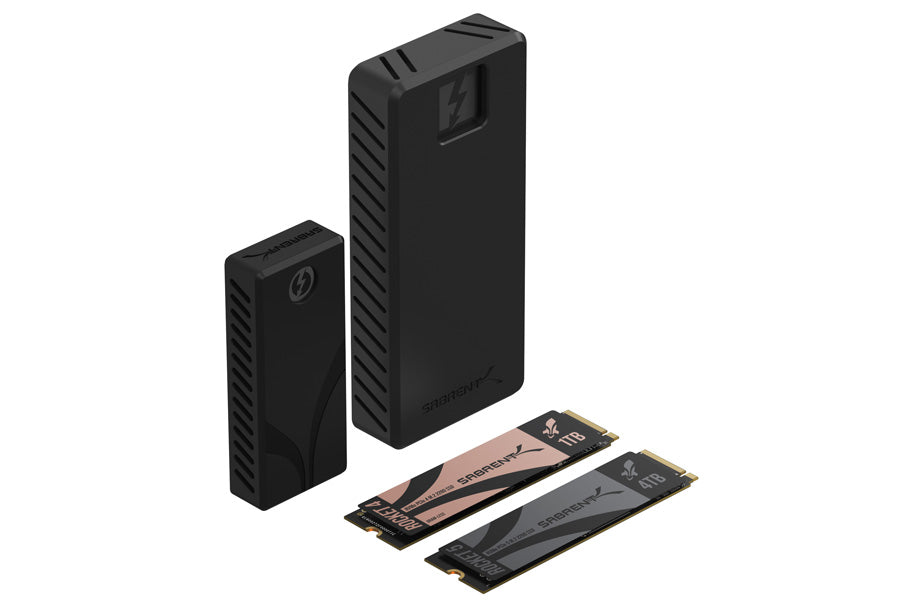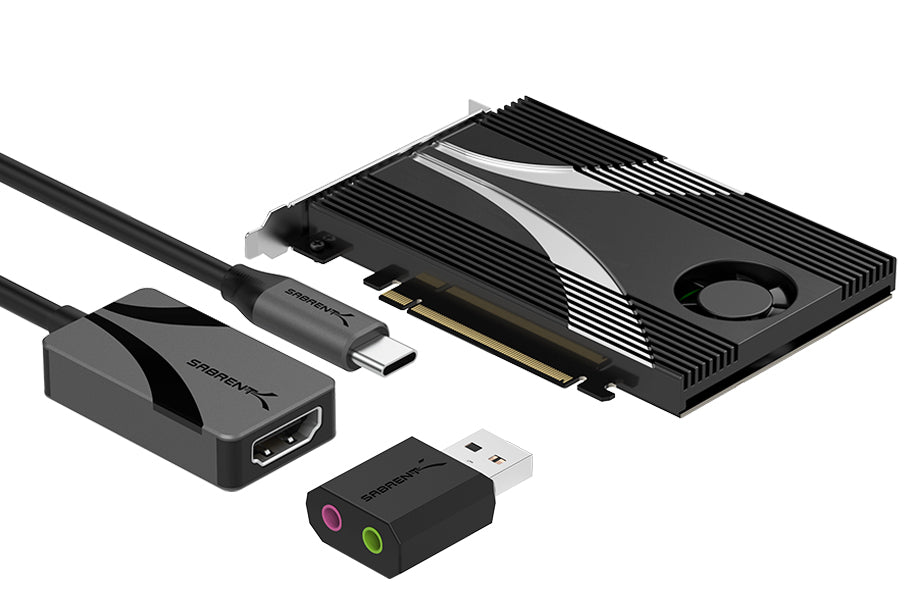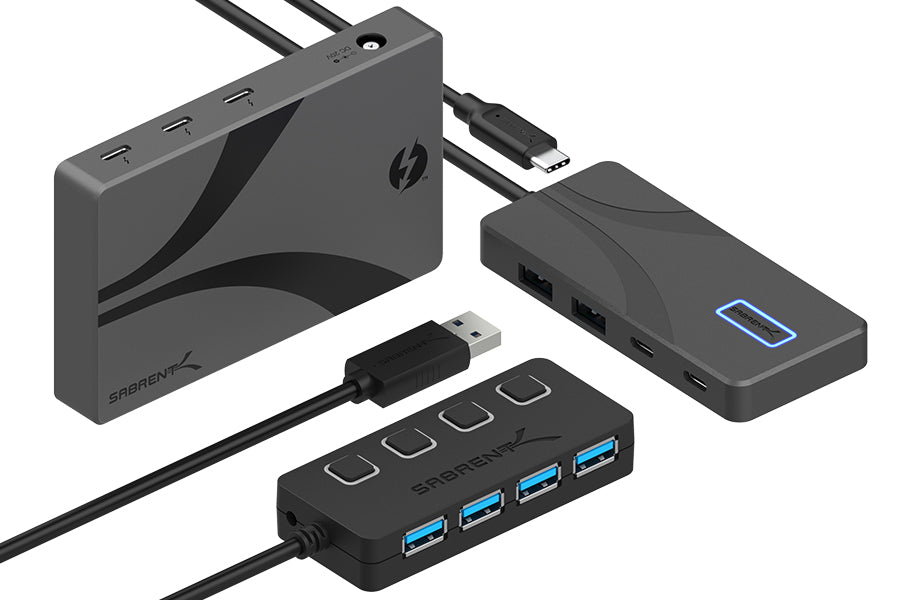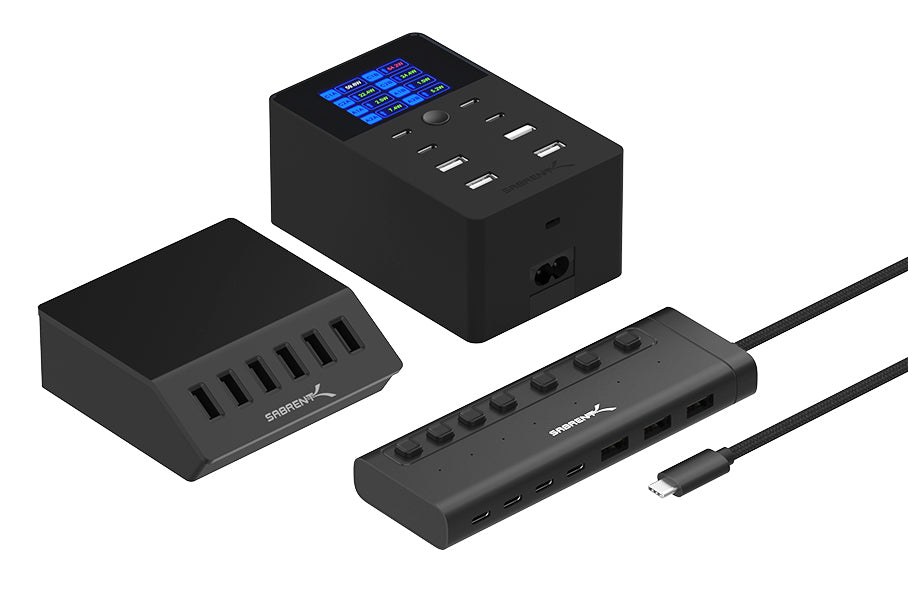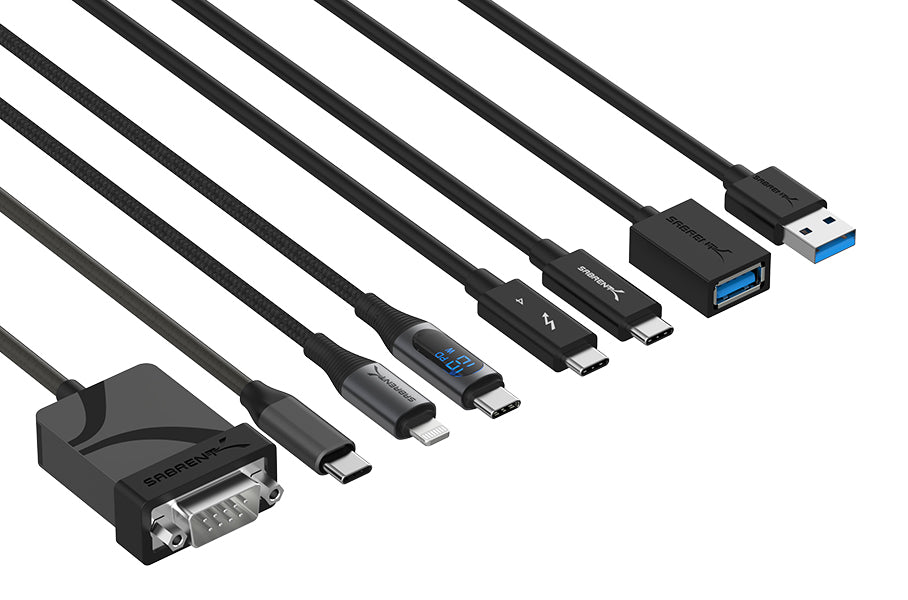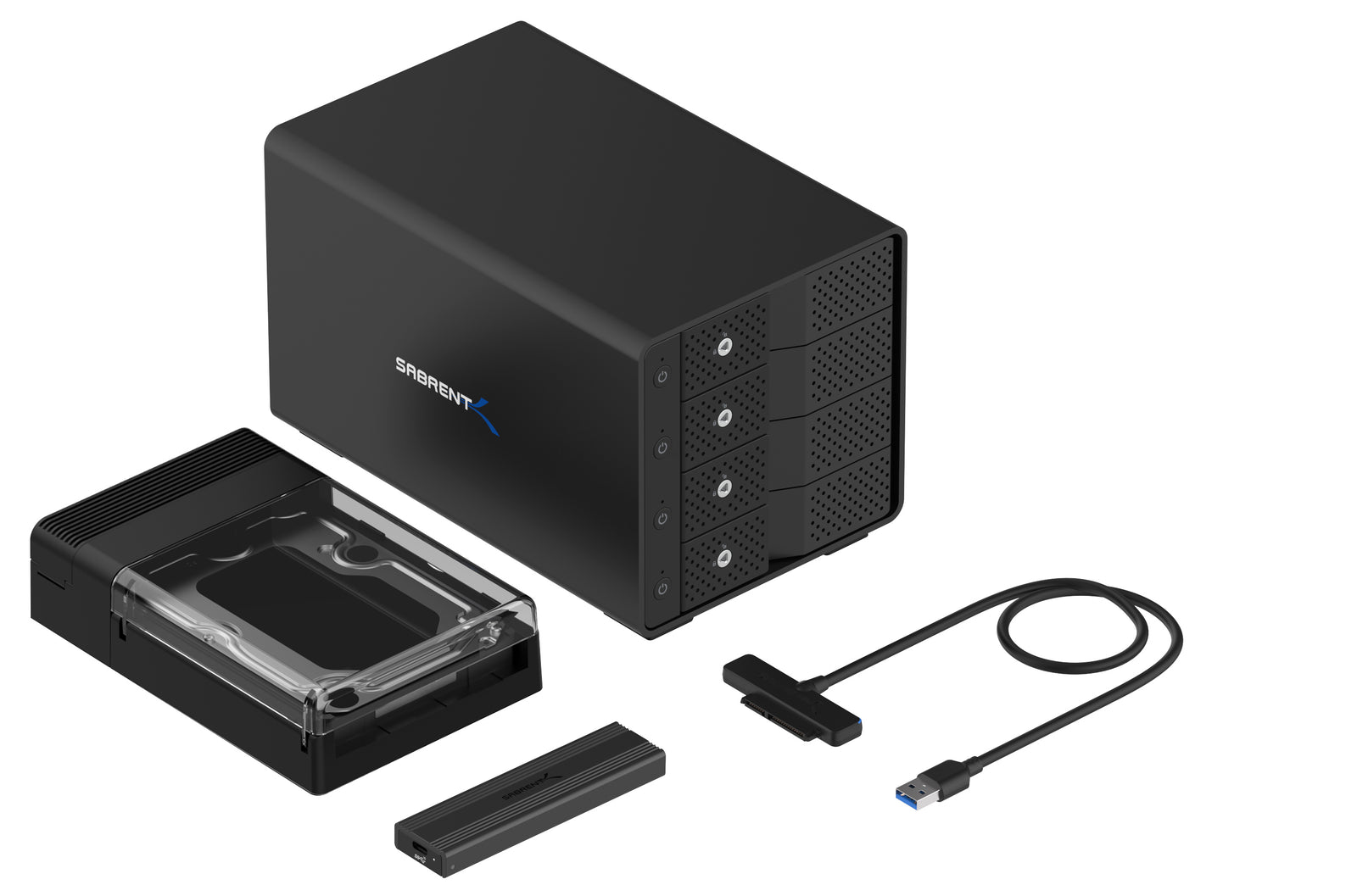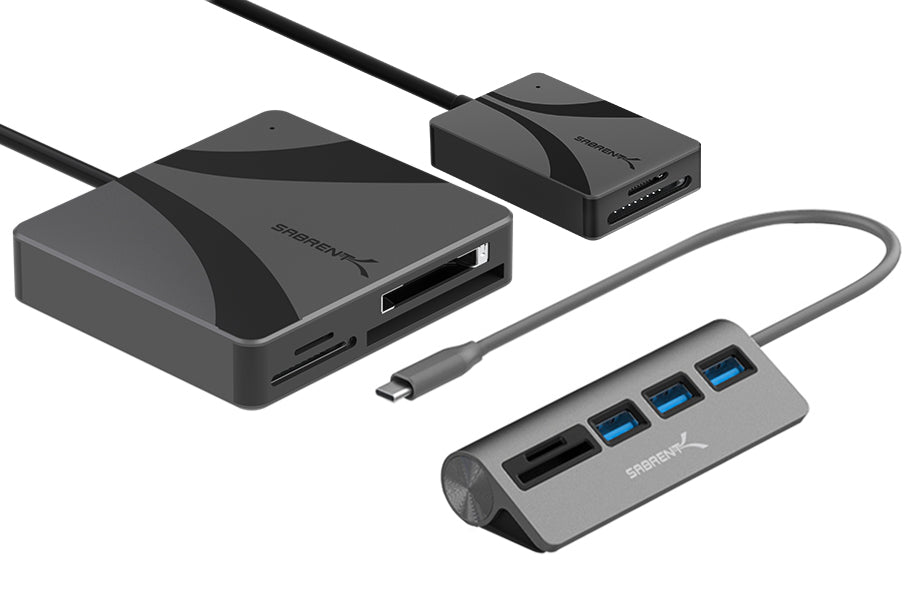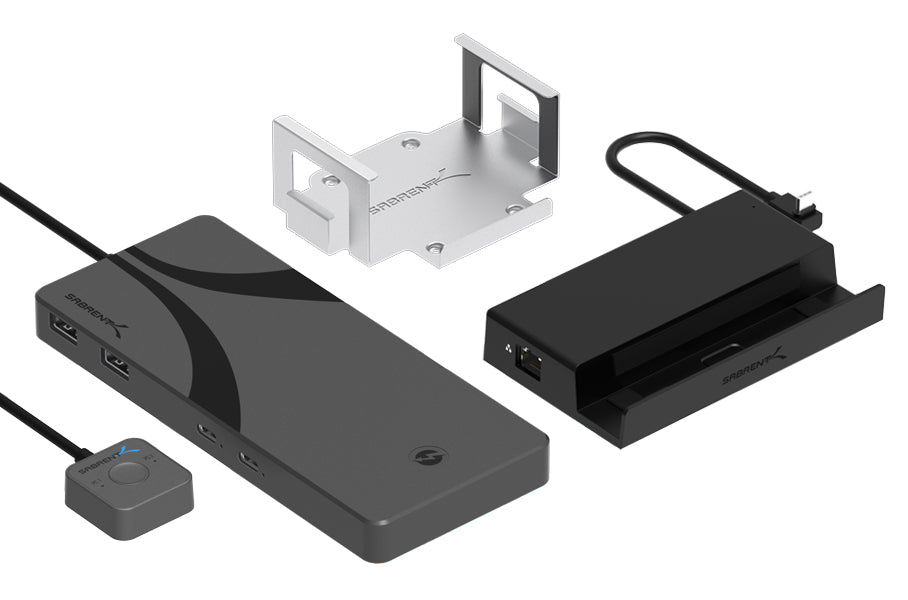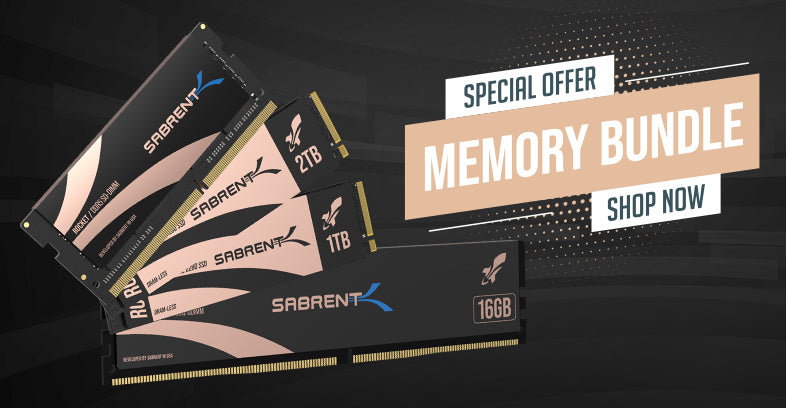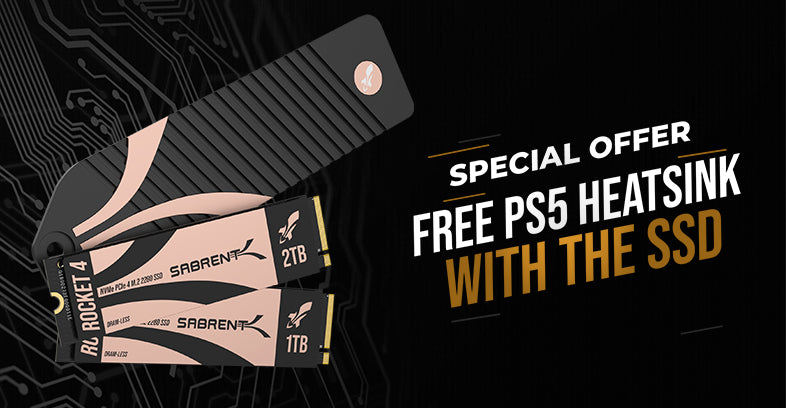Today, the SD Association announced (sdcard.org) new speed classes for SD Express and microSD Express memory cards for up to double the bandwidth. The new SD 9.1 specification includes support for multi-stream access which, in order to ensure the newly-touted performance numbers, requires superior power and thermal management. These new classes, as seen in the thumbnail and image below, provide an easy way for users to know what to expect from upcoming memory cards. Performance minimums are useful to meet the needs of specific tasks, such as sustained HD video recording.

New SD Express speed classes, from linked source.
The SD Association notes that this generation relies on a PCIe interface with a single lane of 4.0, which can provide just shy of 2 GB/s of bandwidth for microSD, double the previous amount in the SD 7.1 specification. As with SSDs, this utilizes the NVMe protocol, which enables memory cards to have SSD-like levels of performance. This can extend to other SSD-like features to improve endurance. As this storage is much smaller, it's valuable for portable devices and also for ease-of-use when needing to swap cards.
Also like SSDs, these cards use NAND flash, a technology which continues to improve in performance and in density for higher capacity. This in turn allows for longer or higher-quality content storage for all sorts of media. The SD 9.1 specification designs for up to eight streams to maintain higher performance levels in sustained modes. Possible performance for SD Express is again doubled for up to 4 GB/s using dual PCIe 4.0 lanes for the SD form factor, as well.
In many cases, memory cards can make more sense than SSDs, assuming they are designed around thermal and power constraints. This is achieved also through the NVMe specification with enhanced power and thermal management with the PCIe bus in mind. The improved sustained bandwidth is useful for demanding applications, which the association defines as data-intense such as "super-slow motion video, RAW continuous burst mode and 8K video capture and playback, 360 degree cameras/videos, [and] speed hungry applications" for an array of devices.
The SD Association is a cooperative endeavor made up of "nearly 800 technology companies" that work to make a universally compatible memory card standard for easier use. Sabrent makes, among other things, memory cards and SSDs as linked above, but also memory card readers to handle a large array of standards for any number of host devices.
Thumbnail courtesy the SD Association.

